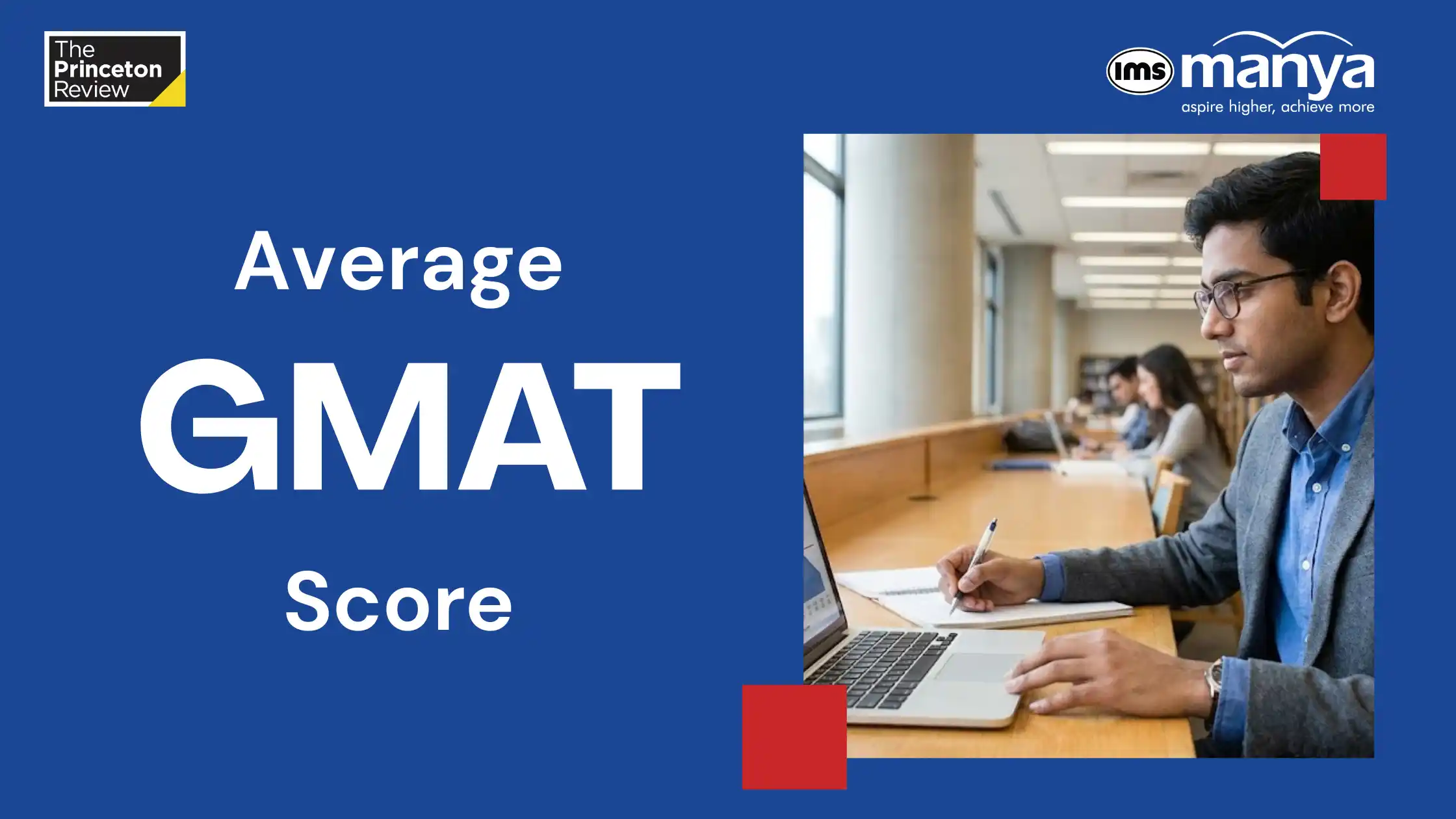
Average GMAT Score for Top Business Schools
The average GMAT score is one of the most important benchmarks used by business schools to assess an...
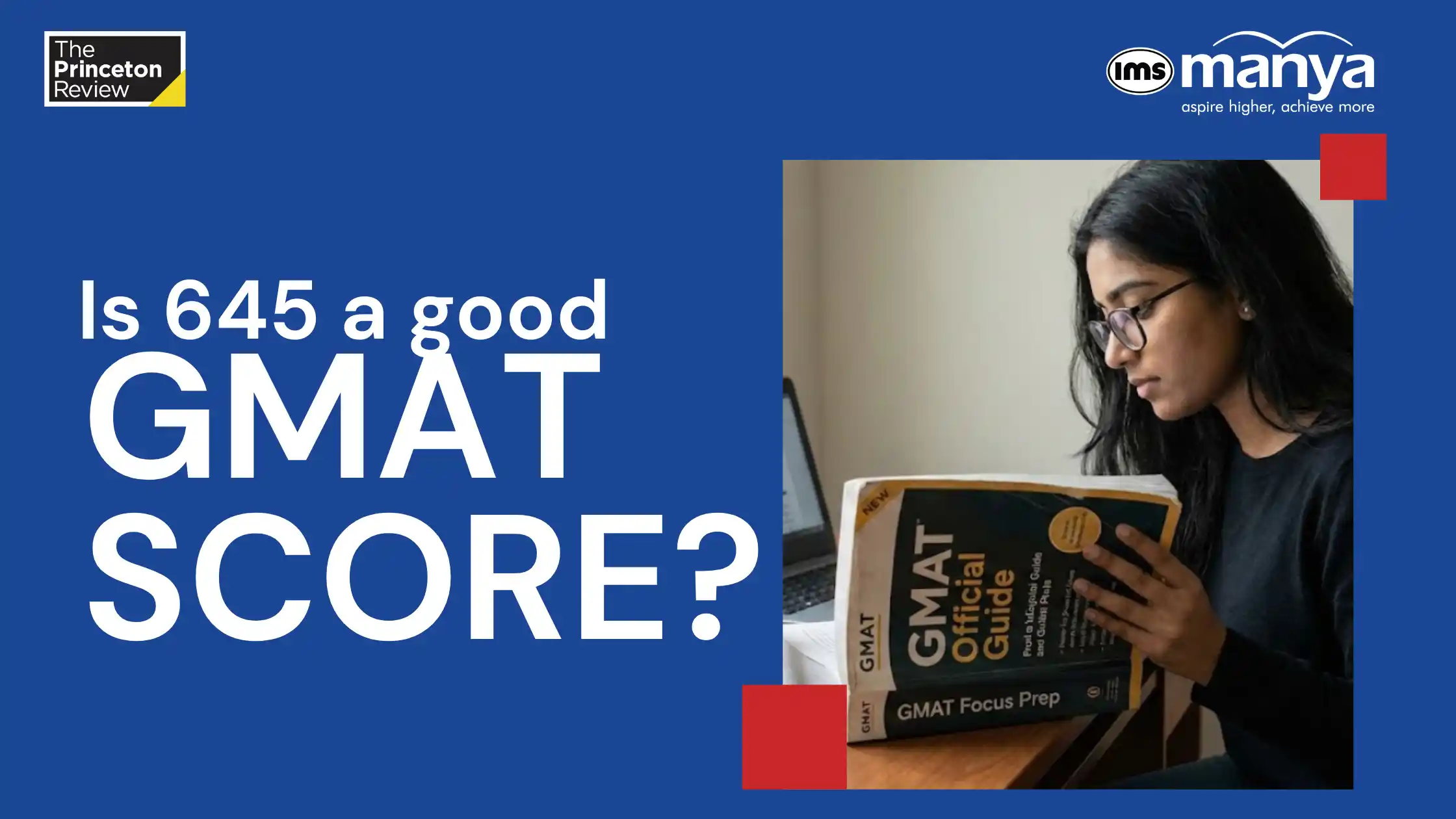
What is a Good GMAT Score in 2026?
Ever wondered whether your GMAT score is good enough for the top business schools? Most students o...
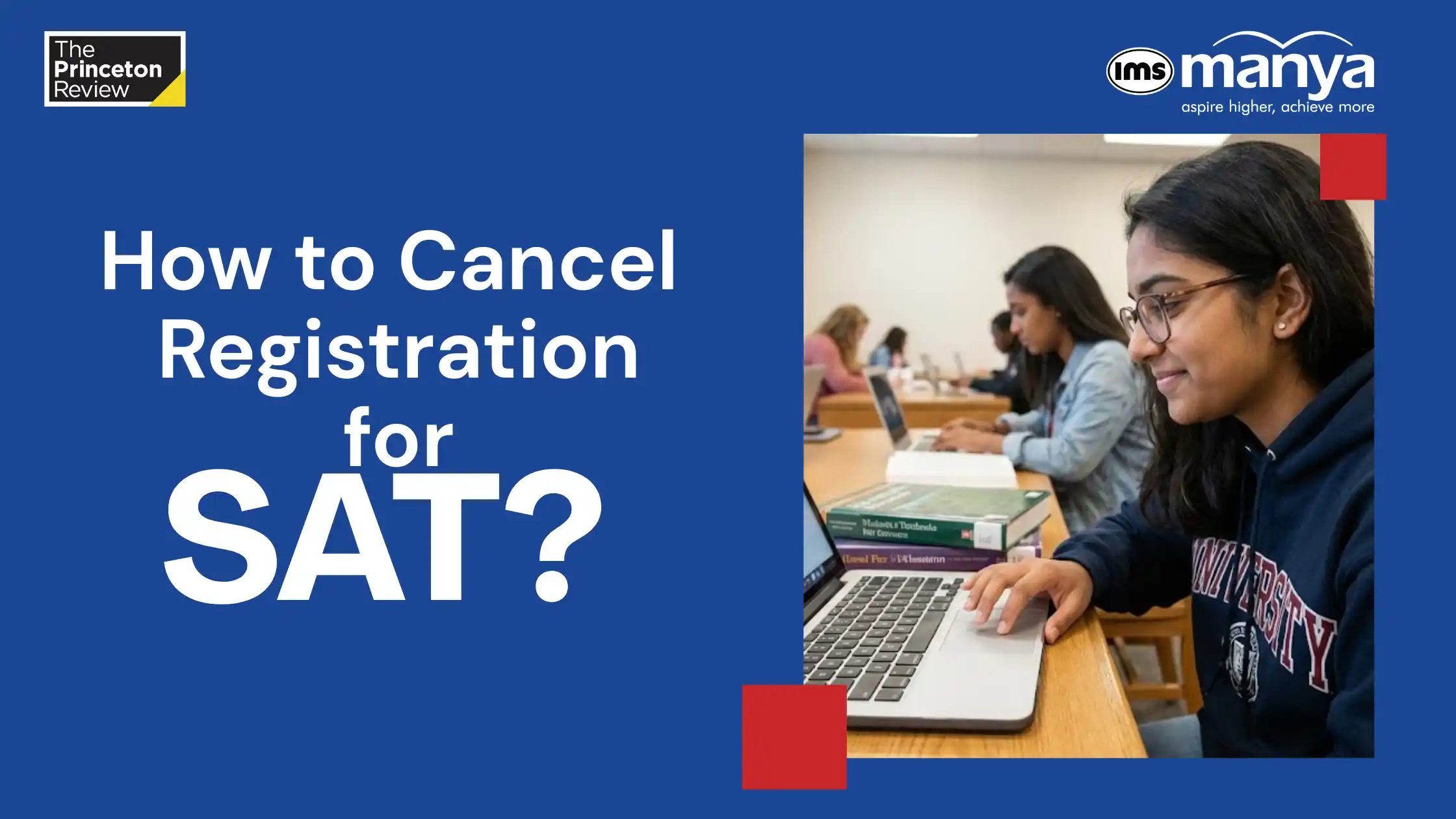
How to Cancel SAT Registration: Step-by-Step Guide 2026
If your plans have changed or you’re not ready to take the SAT on your scheduled date, you can can...
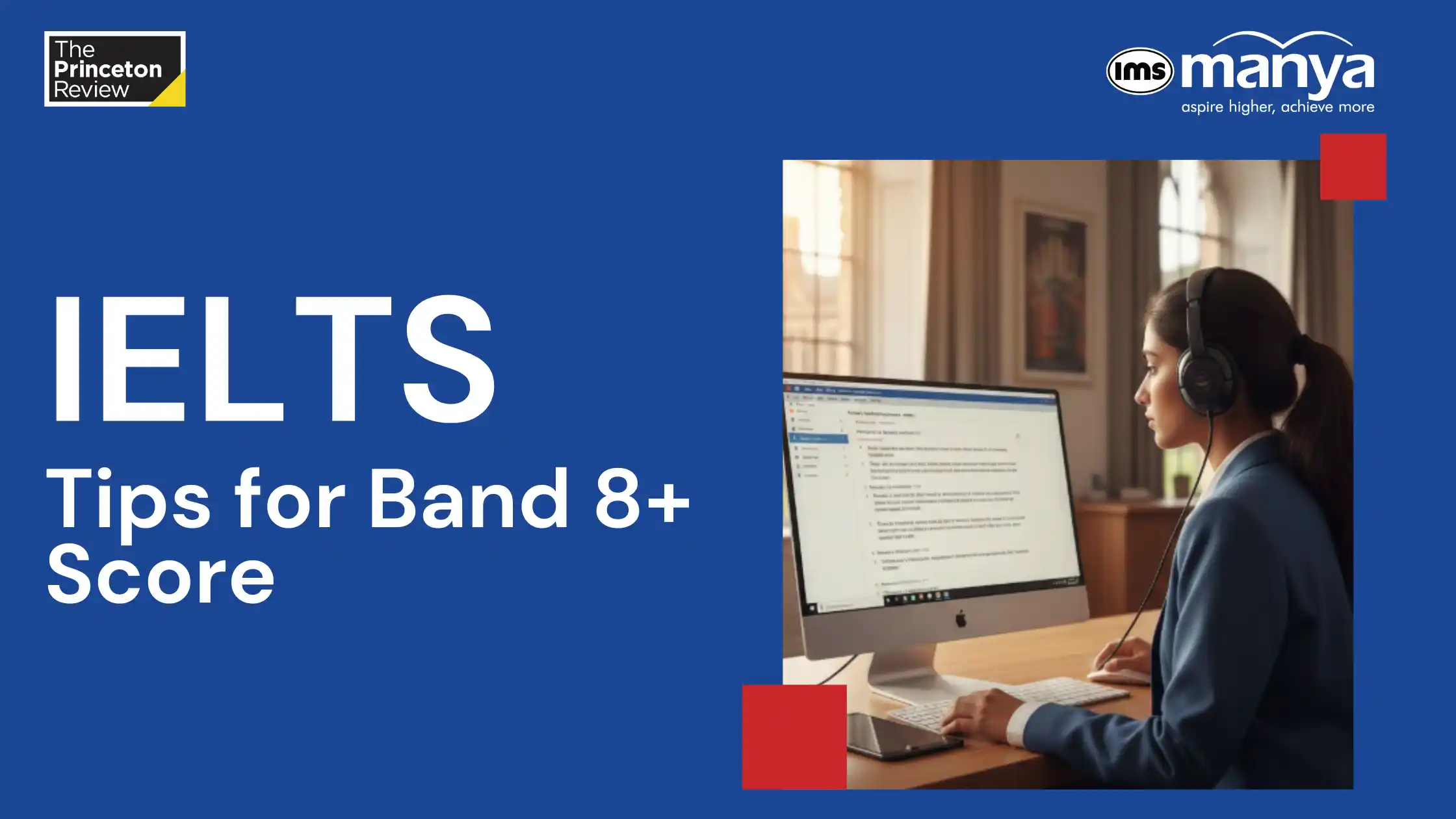
IELTS Exam Tips 2026: Last-Minute Preparation
To achieve an IELTS band score of 8+ during your final week, follow a 7-day IELTS study plan that he...

GRE Preparation 2026: Step-by-Step Guide, Strategy & St...
If you’re planning to take the Graduate Record Examination (GRE), chances are you’ve already sea...
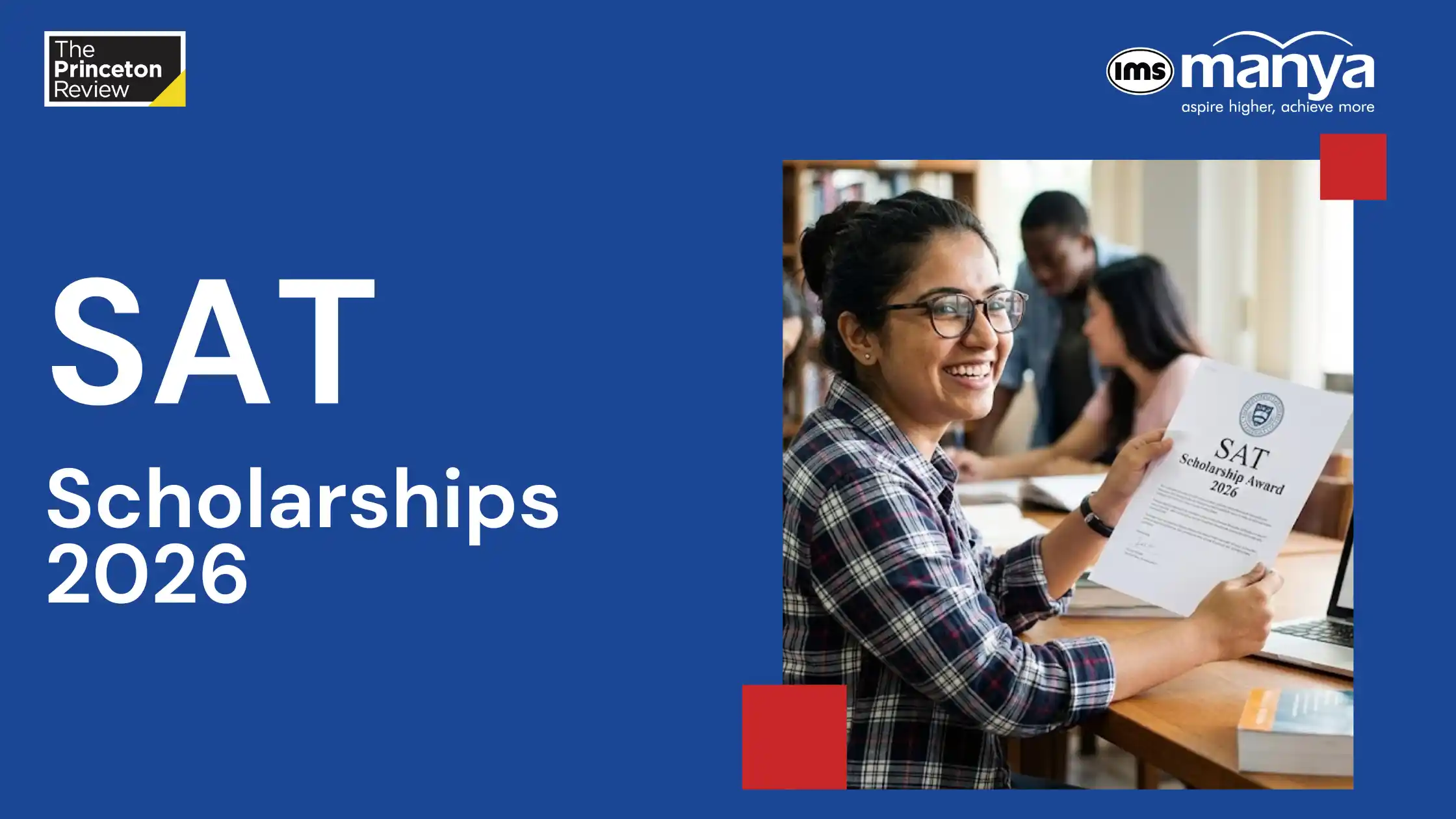
SAT Scholarships 2026: Eligibility, Scores & How to App...
SAT scholarships are awarded to students who perform strongly on the SAT exam. Many countries accept...

GMAT Exam Pattern 2026: Section-Wise Breakdown, Time Li...
The GMAT Focus Edition 2026 is a computer-adaptive test (CAT) for graduate management admissions. It...
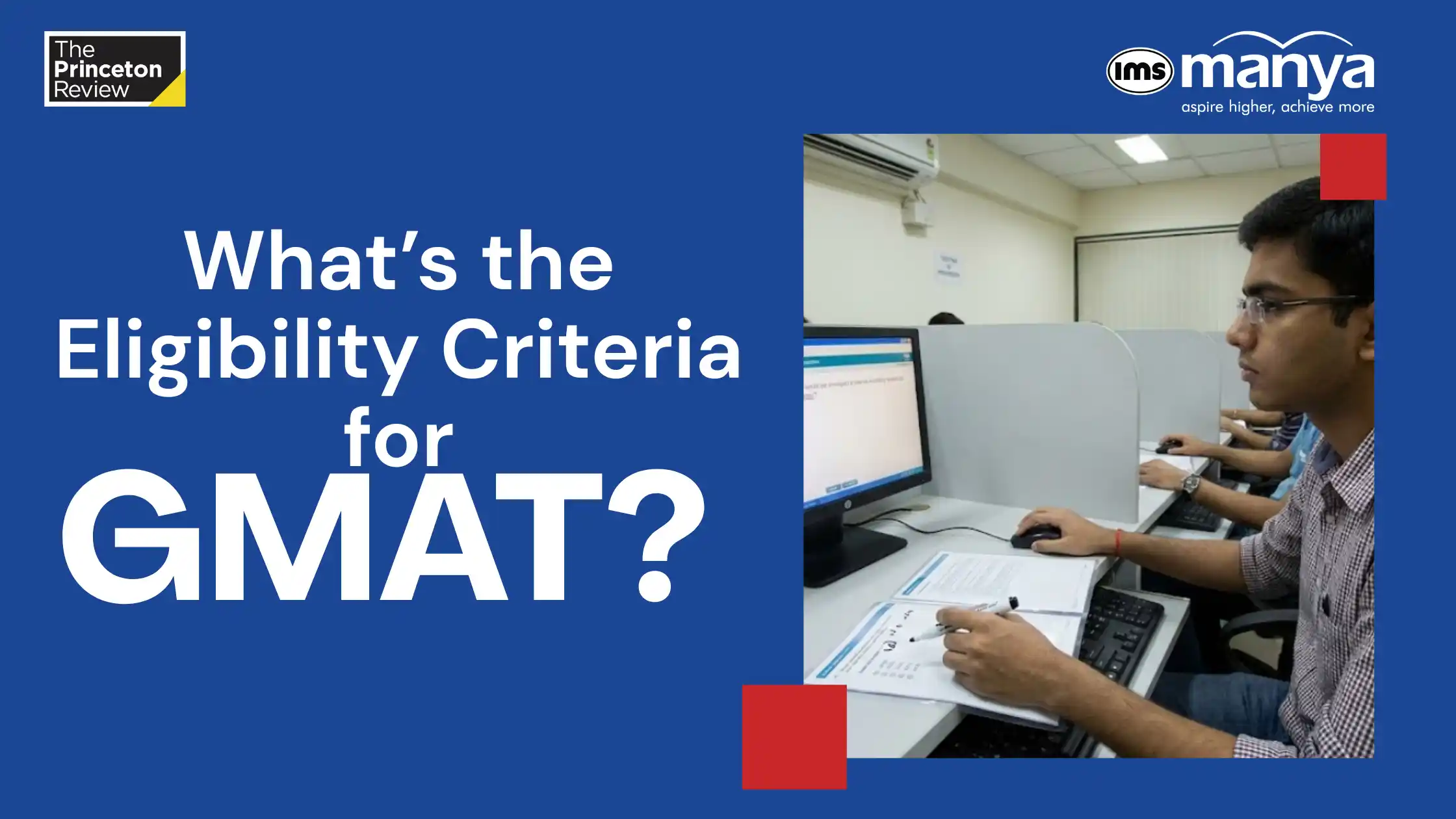
GMAT Eligibility Criteria 2026: Age Limit, Qualificatio...
Candidates who wish to pursue graduate management or business programs can take the GMAT. Individual...
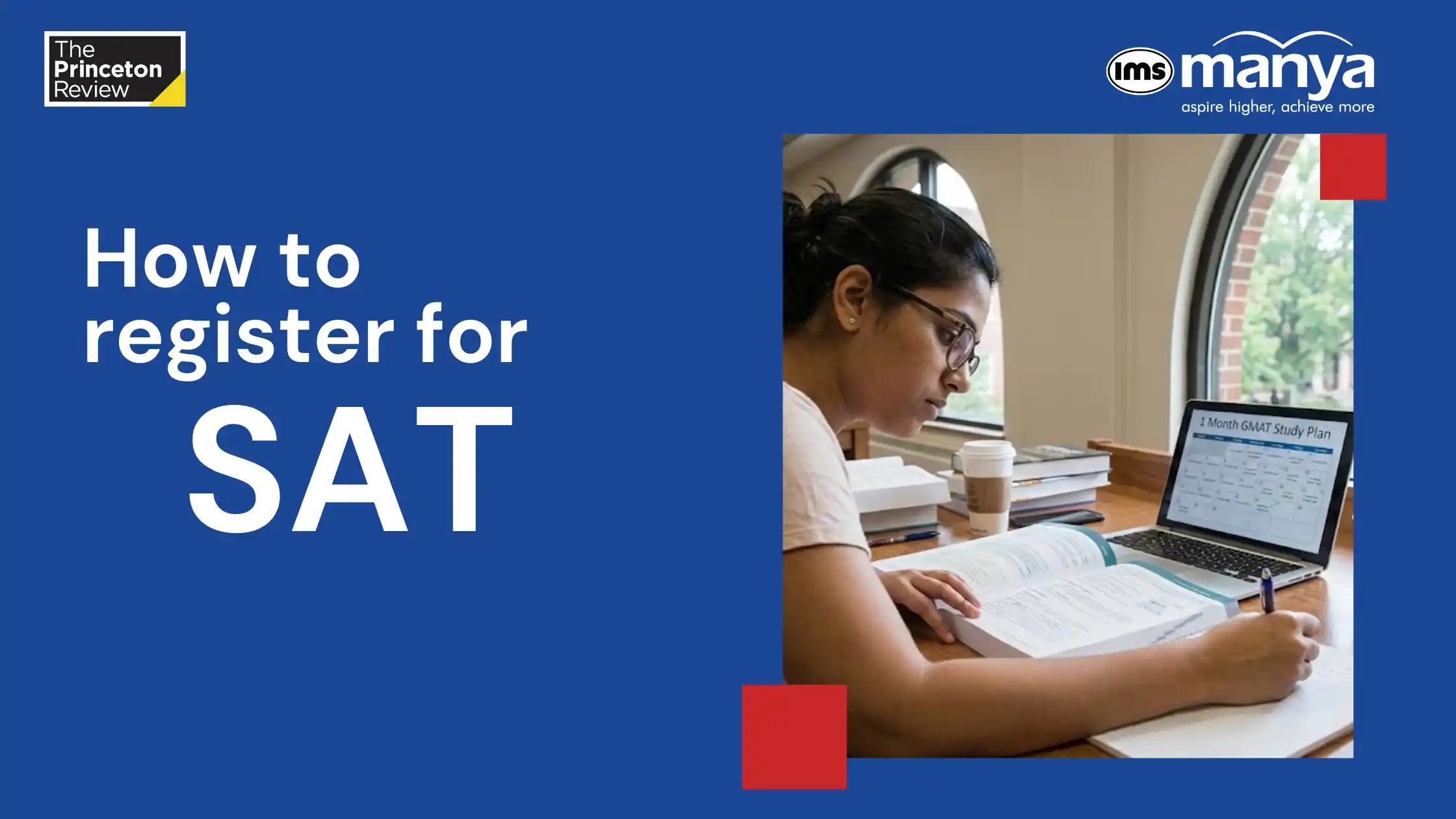
SAT Test Registration 2026: Key Highlights, Process, Da...
The SAT (Scholastic Aptitude Test) conducted by the College Board is a standardised test for undergr...
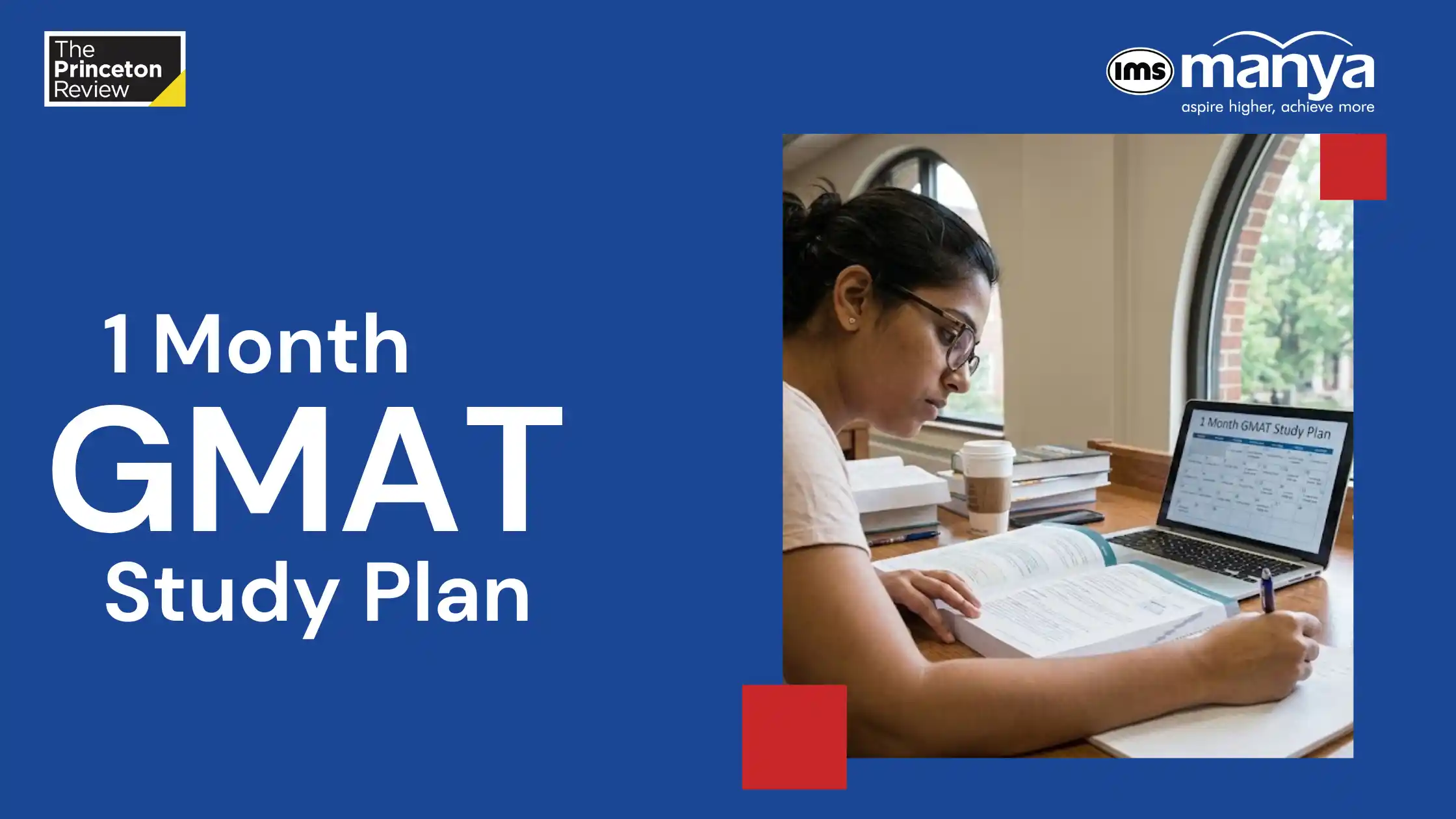
1 Month GMAT Study Plan
The 1 month GMAT study plan transforms the impossible into reality. Facing just 30 days before the G...

GMAT Registration 2026: Step-by-Step Process, Fees & Im...
GMAT Registration can be completed online by visiting the official GMAC website at mba.com. The Grad...
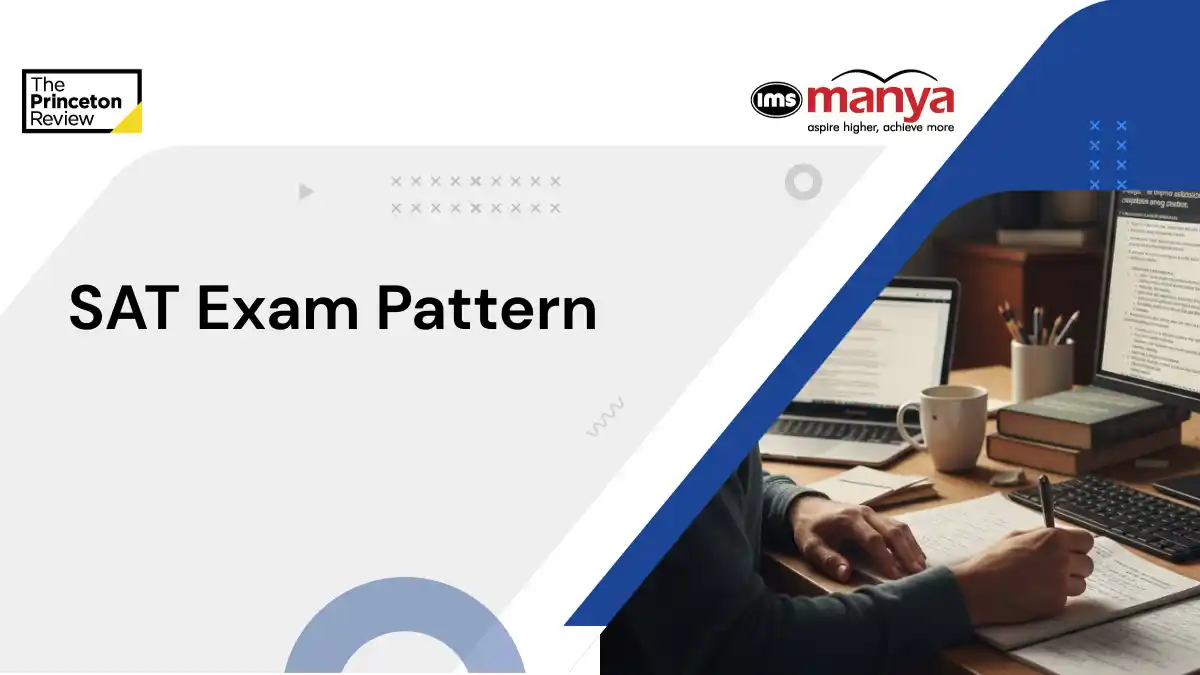
SAT Exam Pattern 2026: Section-wise Structure, Format, ...
The 2026 Digital SAT exam pattern contains 98 questions with two primary sections: Reading and Writi...

Best GMAT Study Plan for Working Professionals
Preparing for the GMAT exam while managing a full-time job can be exhausting and overwhelming. As a ...

GRE Registration 2026: Step-by-Step Process, Fees & Imp...
The registration is the first and most crucial step to appear for the GRE General Test or the GRE Su...
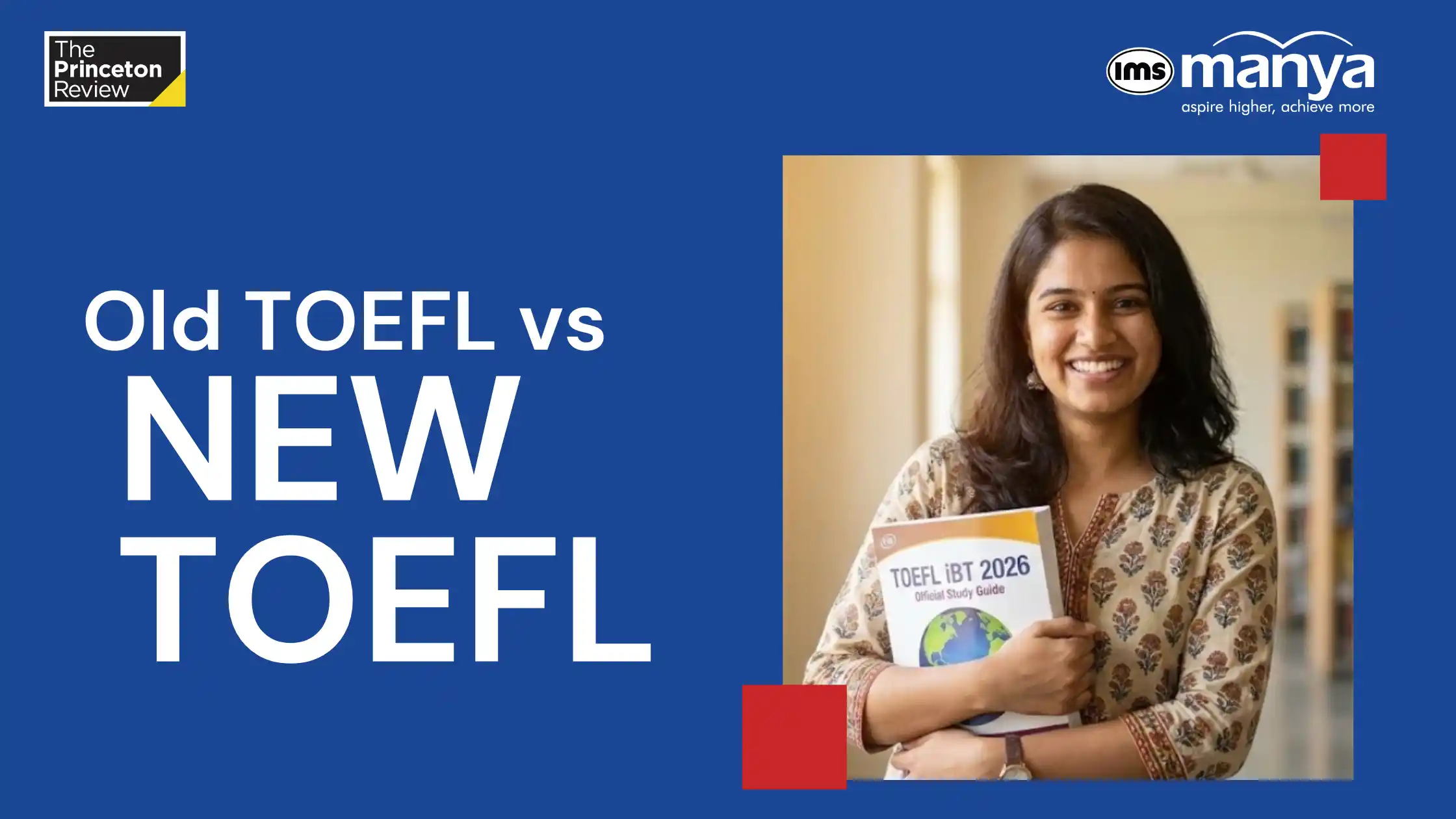
New TOEFL iBT 2026: What Has Changed? Format, Duration,...
TOEFL iBT has undergone changes since January 2026. The upgraded version of the English proficiency ...



